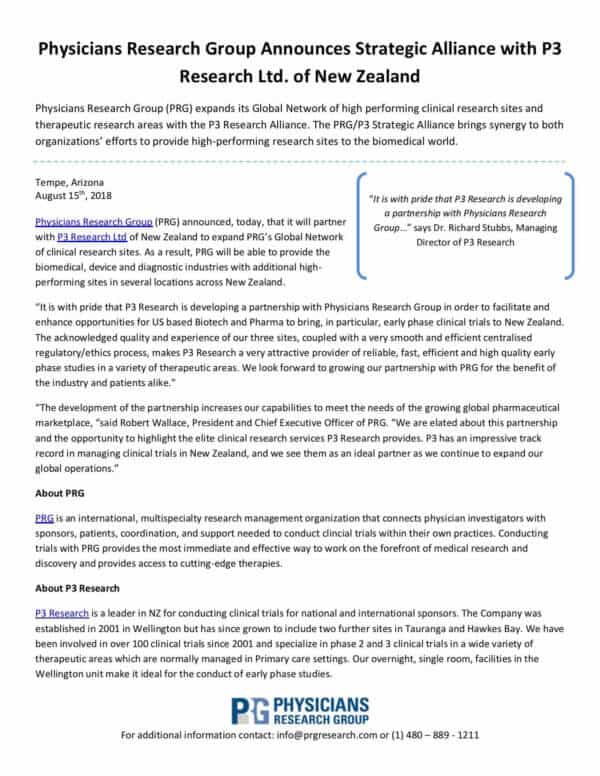Why should I Participate in a clinical trial?
Welcome back to The Research Room!
This week we are going to explore what you should consider before choosing to be a part of a clinical trial. Regardless of the countless information you can read about online, or speak to your doctor about, it comes down to a healthy and safe relationship with the researcher and patient. Honesty, Trust, and Respect.
According to Webster Dictionary here are the following definitions:
Honesty: the quality of being fair and truthful: the quality of being honest
Trust: belief that someone or something is reliable, good, honest, effective, etc.
Respect: a feeling or understanding that someone or something is important, serious, etc., and should be treated in an appropriate way
These three words are so simple, yet complex. We in our daily lives, try to strive for them from personal relationships to professional. If one of these factors is jeopardized, the entire relationship crumbles. When starting off with any Clinical Trial, I want to stress to you the urgency of asking questions and gaining a confident relationship with your Doctor/and researchers. There are no “stupid” questions.
There are codes put into place to protect patients from researchers doing any harm. Before a trial can begin, a researcher must provide a form that is called Informed Consent. According to clinicaltrails.gov, their definition is as follows:
Informed consent is a process used by researchers to provide potential and enrolled participants with information about a clinical study. This information helps people decide whether they want to enroll or continue to participate in the study. The informed consent process is intended to protect participants and should provide enough information for a person to understand the risks, potential benefits, and alternatives to the study. In addition to the informed consent document, the process may involve recruitment materials, verbal instructions, question-and-answer sessions, and activities to measure participant understanding. In general, a person must sign an informed consent document before joining a study to show that he or she was given information on the risks, potential benefits, and alternatives and that he or she understands it. Signing the document and providing consent is not a contract. Participants may withdraw from a study at any time, even if the study is not over.
If you’re looking even further into more information, The Food and Drug Administration (FDA) website is very clear cut. It discusses further guidelines that researchers may require to have on their consent forms and release to patients. I encourage you to look at the website to further gain a deeper knowledge, and from it come up with additional questions you might have prior to participating in a trial. **FDA website for more information**
Overall, what I want you to gain from this article is to do your duty and your part before considering becoming a patient for a Clinical Trial. It’s your responsibility to ask the questions if you do not understand exactly what the researchers are trying to obtain, what possible side effects are present, and if there is any potential harm present. Do the research on the doctors, companies involved, ask for copies of the informed consent, and come prepared to ask lots of questions pertaining to the trial. Lastly, remember if you ever feel it is necessary to withdraw from a clinical trial, you may do so at any time.
References:
Clinical Trials https://clinicaltrials.gov/ct2/about-studies/learn#HowAreParticipants
FDA http://www.fda.gov/ForPatients/ClinicalTrials/InformedConsent/default.htm



